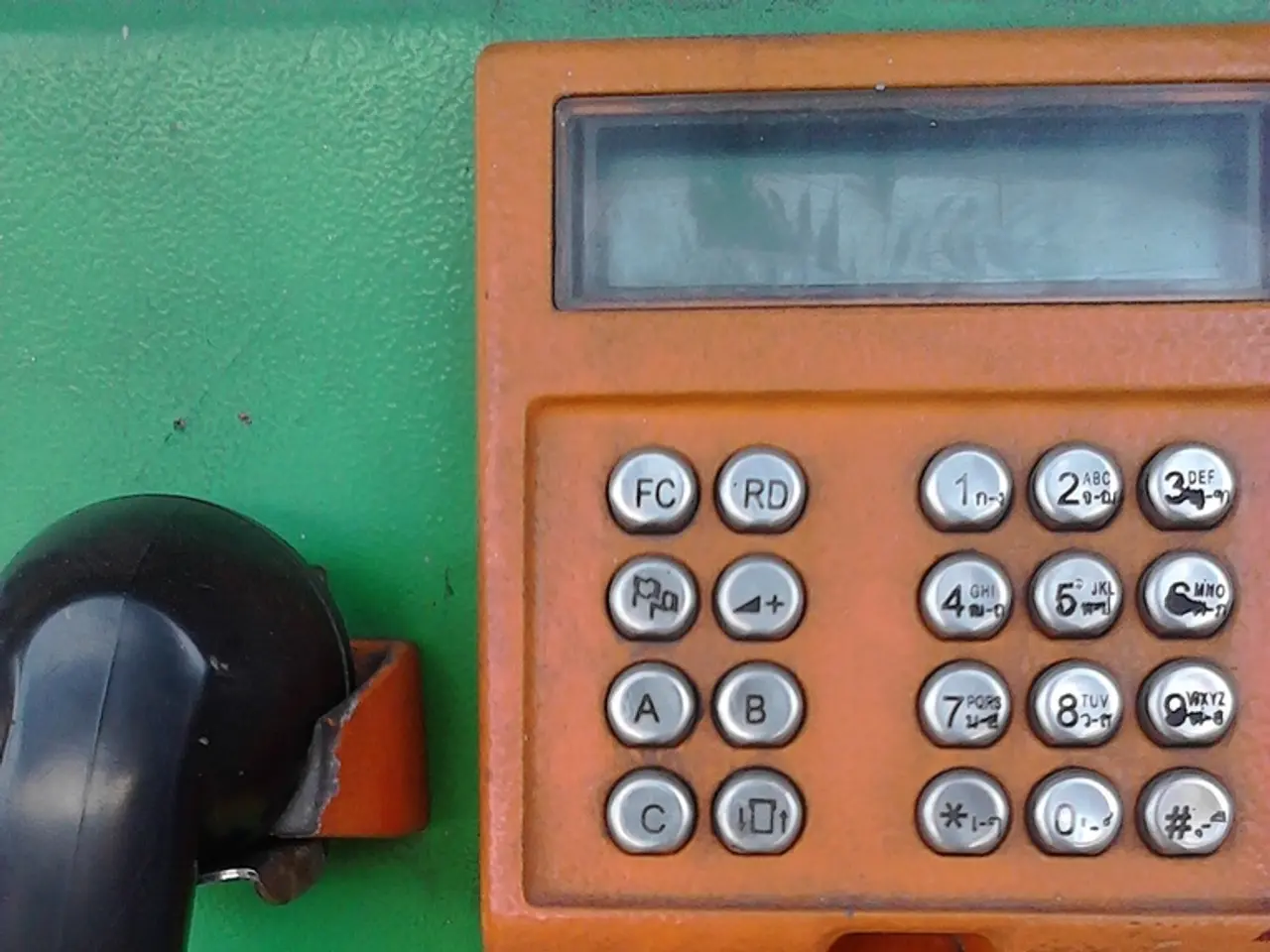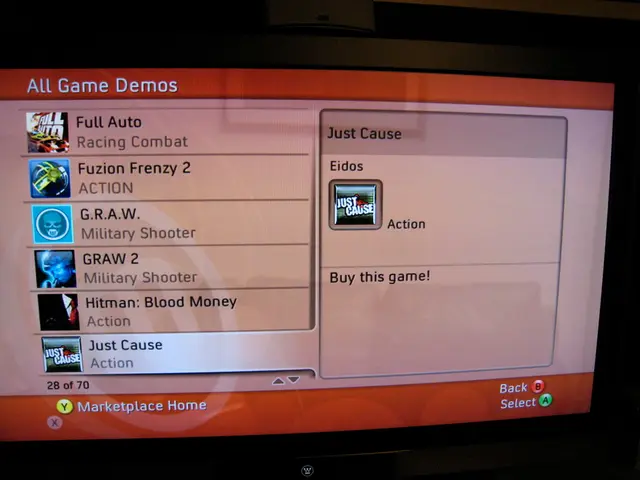Internet provider AOL discontinues dial-up services, marking the end of a 34-year era.
AOL's Dial-up Internet Service Bids Farewell After 34 Years
After a 34-year run, AOL's dial-up internet service is set to end on September 30, 2025. This marks the closure of a significant chapter in internet history, marking the transition from the early days of the web to today's always-on, mobile, fiber-powered internet.
The decision to discontinue AOL's dial-up internet was announced on AOL's help and support pages. AOL routinely evaluates its products and services and has decided that the decline in usage of its dial-up service, attributed to the rise of faster internet alternatives, has made the service financially untenable.
In the 1990s, AOL was a pioneering force in bringing the internet to the mainstream. Starting with its rebranding as America Online in 1989, AOL popularized internet access by widely distributing free trial CDs and creating a user-friendly interface that eased people into online life, complete with chat rooms, email alerts ("You’ve Got Mail"), and AOL Instant Messenger (AIM). It became the largest consumer internet service provider around 1996–2001, with a peak valuation of over $100 billion.
However, over time, technological advances and changing user needs led to dial-up’s decline. The emergence and spread of broadband technologies such as cable, fiber optics, and wireless internet provided dramatically faster and more stable connections, better suited for increasing multimedia content, video streaming, and online gaming. By the 2000s and into the 2010s and 2020s, dial-up persisted mainly in rural areas lacking broadband infrastructure but dwindled overall.
AOL's dial-up service was for many, their very first digital experience. The process of accessing AOL's dial-up internet was characterized by a series of loud beeps and static, the message "Welcome! You've got mail," and potential disconnections due to phone calls. The sound of a computer modem connecting to the internet over a telephone line, once distinctive, is now disappearing for AOL customers.
The end of AOL's dial-up service also marks the closure of a 34-year run that defined the early days of the Internet. AOL's popularity was immortalized in pop culture, most notably in the 1998 film "You've Got Mail."
The rise of AOL’s dial-up shaped early internet culture and use, but it also had inherent technical limitations. Dial-up operated via modems that converted digital data into audio signals over regular phone lines, limiting speeds to roughly 21.6 kbit/s or less and preventing simultaneous voice calls. This created noisy connection sounds and slow browsing experiences but was accessible nearly anywhere telephone service existed.
The impact of AOL's dial-up service was significant. It played a critical role in turning the internet from a specialized tool into a mass medium, inviting millions into online spaces with accessible technology and interfaces. The constraints of dial-up shaped early web design and user behavior, influencing compact web content and pioneering online communities via chat rooms and instant messaging. AOL’s marketing and accessibility helped drive awareness and adoption during the 1990s, laying groundwork for future internet expansion.
In recent years, the number of AOL's dial-up subscribers dropped to only the "low thousands," mostly in rural or isolated communities where high-speed alternatives remain sparse. As broadband, cable, fiber, and satellite alternatives swept the marketplace, AOL's dial-up service slowly became less relevant. By 2015, AOL's subscriber base had shrunk to about 2 million.
The announcement was later echoed by AOL's parent company, Yahoo. Along with the internet service, AOL Dialer software and AOL Shield browser will be retired.
As we bid farewell to AOL's dial-up internet service, we reflect on its foundational role in popularizing internet access and culture in the 1990s. Although its inherent speed and connectivity limitations eventually led to its decline as broadband took over, AOL's dial-up service will forever be remembered as a significant part of internet history.
Read also:
- Tesla is reportedly staying away from the solid-state battery trend, as suggested by indications from CATL and Panasonic.
- Review of the 2025 Lamborghini Revuelto: Blazing Beasts on Wheels
- Tech giant Apple debuts sports app integrating betting odds provided by DraftKings
- California links 100,000 home storage batteries through its Virtual Power Plant program.




